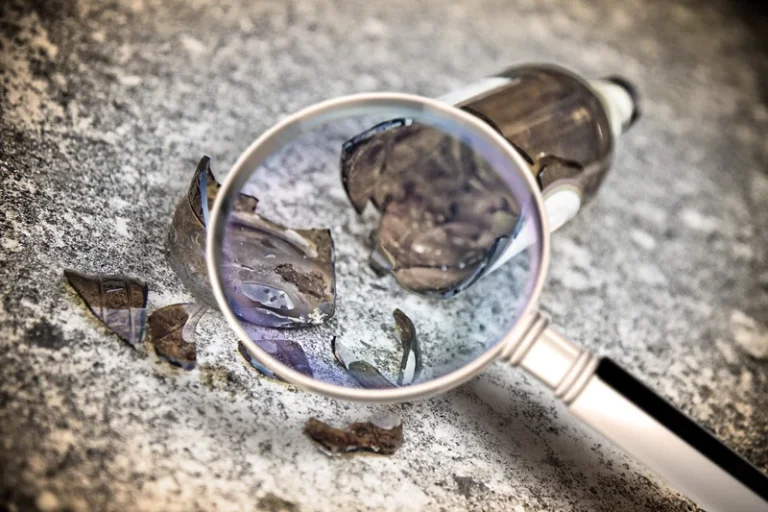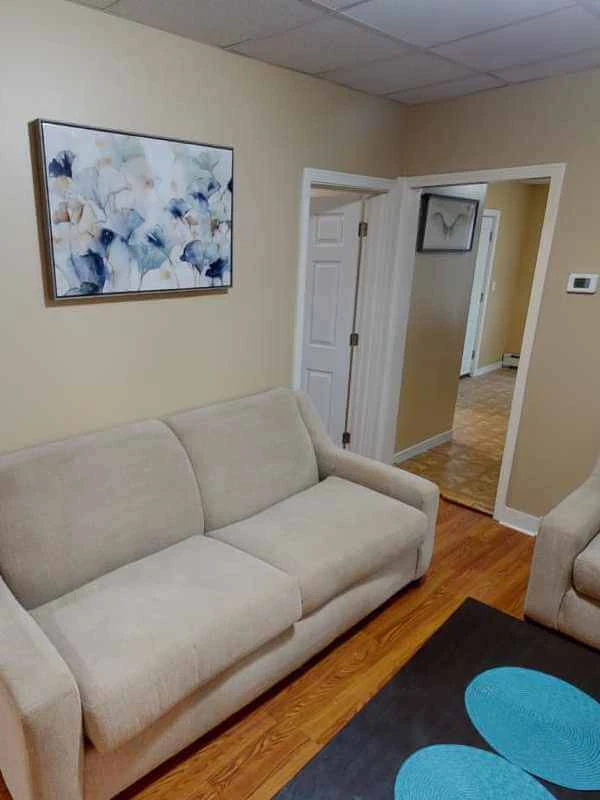
Also, take the recommended medicine, if any, and work on your mental health. You may have to see a therapist, attend a support group, or enroll in a 12-step program. In-patient romantic relationships in recovery treatment may also be recommended to mitigate withdrawal symptoms in early recovery. Drug and alcohol use can cause you to behave and act erratically, sometimes even violently.
Reconnecting with Loved Ones
Reach out to close friends and catch up with them on how your respective lives have changed. Make an effort to spend more time with your friends, going out for coffee, taking them out bowling, or just hanging out and watching Netflix. Quality time is a huge factor in rebuilding and maintaining friendships.
Try to stop enabling behaviors
For people struggling with substance use disorders, the recovery process can be difficult. Oftentimes, relationships with family, friends or loved ones may become strained or permanently altered as a consequence of addiction. In many https://ecosoberhouse.com/article/alcoholism-and-denial-helping-an-alcoholic-in-denial/ instances, addiction recovery requires individuals to rebuild trust with the people they once had friendships or intimate relationships with. Relationships can be a source of support, or they can be stressors that threaten sobriety.
Make Amends
We proudly offer a Life Skills Curriculum to help young people transition into adulthood. Repairing relationships can’t begin until we acknowledge our role in our resentments. Unless we know what role we played in our problems, how can we possibly make up for them?
- See a certified medical or mental health professional for diagnosis.
- Continuing individual or group therapy can also allow you to stay focused on your recovery while rebuilding relationships.
- Ioana uses her passion for psychology, research, and mental health to create reliable resources on various topics relating to addiction and treatment.
- Setting healthy boundaries fosters mutual respect, understanding, and harmony within relationships.
- Instead, commit to smaller obligations like showing up on time when visiting friends or family, helping around the house, or remembering important dates and anniversaries.
What are the Steps for Repairing Relationships in Recovery?
Our interpersonal relationships are intertwined with our addiction. Finding common interests and engaging in activities together can strengthen relationships during recovery. Whether it’s taking a class, engaging in a hobby, or participating in community service, shared experiences can create positive memories, and reinforce the bond between individuals. Trust is a fundamental part of every relationship, and it often takes a big hit during periods of substance use. Rebuilding lost trust can be a priority when repairing connections during recovery. To support recovery and build hope for the future, it‘s important for the person in recovery to try to repair the damage done to relationships.
- If naloxone, an opioid overdose-reversing medication, is accessible, administer it following the provided instructions.
- You may have been hurt in the past and have scars from these relationships, but these very scars bring wisdom, depth, and an opportunity for self-love.
- If you’re struggling to manage these steps on your own, consider reaching out to the mental health and addiction professionals at All Points North.
- Social support has been linked to lower relapse rates and can do wonders for your feelings of self-worth and motivation.
Be Honest With Others While Making Amends
Follow the proper CPR guidelines until emergency medical responders arrive. If naloxone, an opioid overdose-reversing medication, is accessible, administer it following the provided instructions. This medication can help reverse the effects of the overdose temporarily. If the person is unconscious and not breathing or their breathing is very shallow, they may be experiencing an overdose. Additionally, loss of consciousness increases the risk of aspiration, where vomit or saliva enters the lungs.

How many times have you said, “I’m sorry—it won’t happen again? » Perhaps you believed it yourself and genuinely intended to change, but “it” did happen again (and perhaps again and again). Living with active addiction creates extraordinary relationship challenges and does considerable damage to significant relationships—with partners, parents, children, and close friends. In the end, you are not alone in your recovery journey, but it is YOUR recovery journey, and so you are the person in charge of setting and respecting those boundaries. If a relationship is no longer serving you or a person is not respecting the boundaries you’ve set, you always have the ability to reevaluate how they fit into your life.

A Guide to Maintaining Relationships in Addiction Recovery


